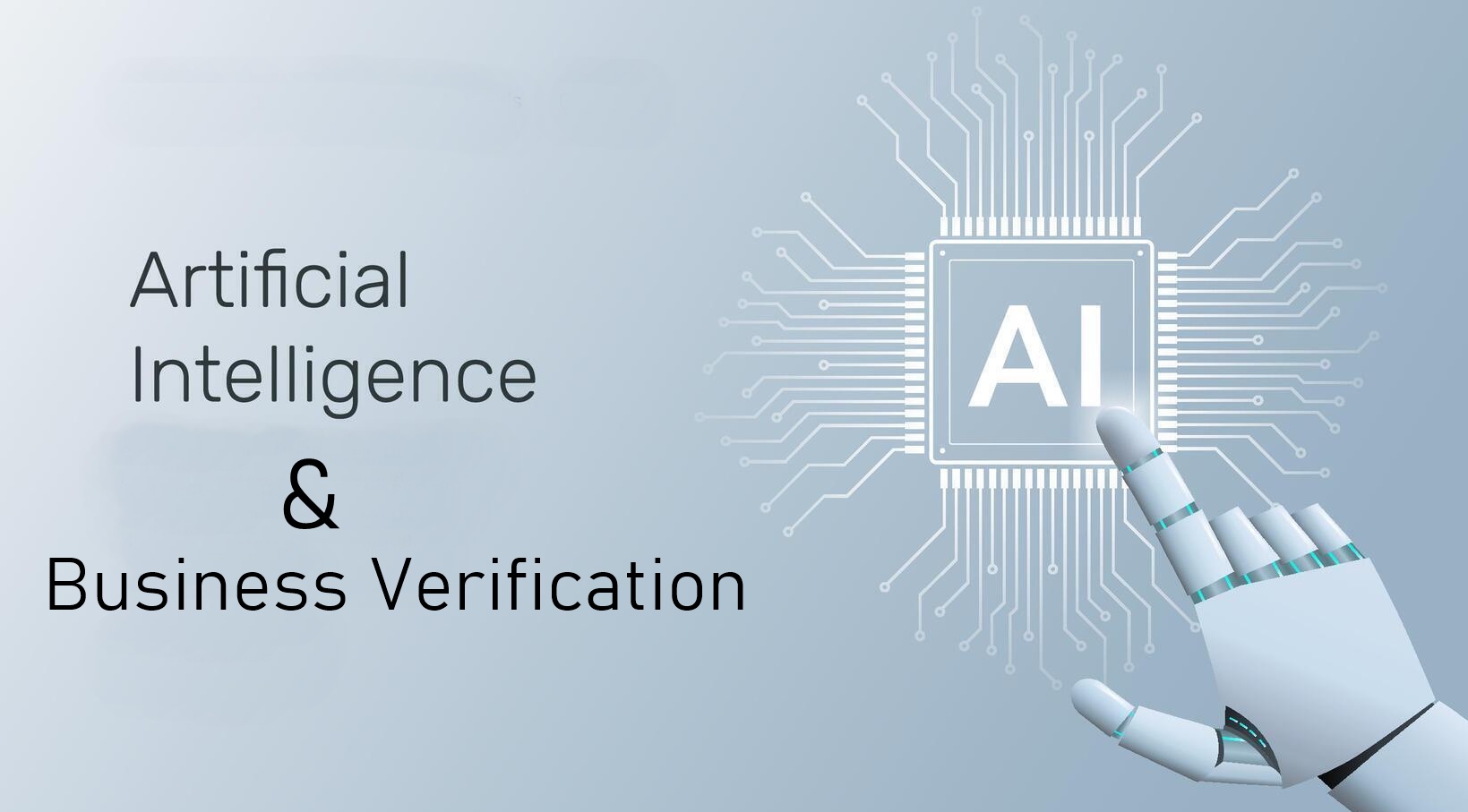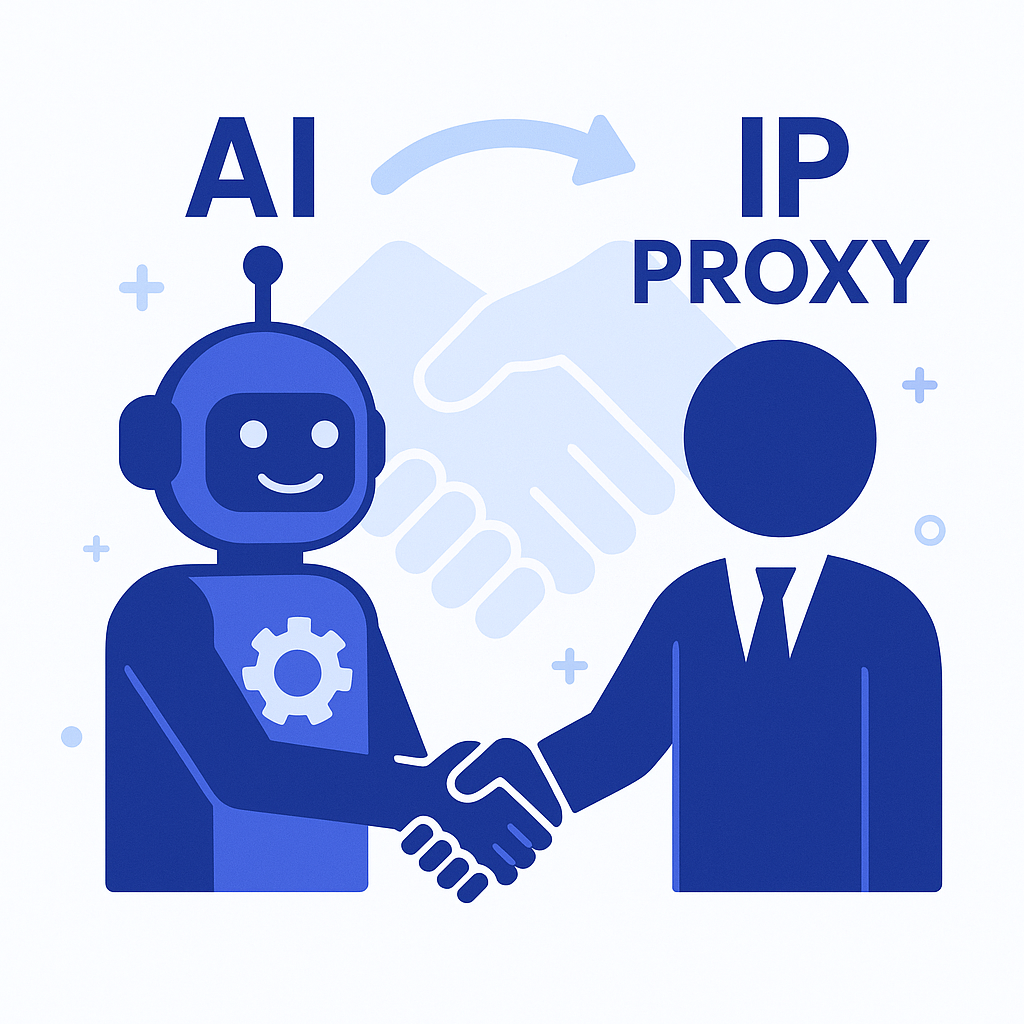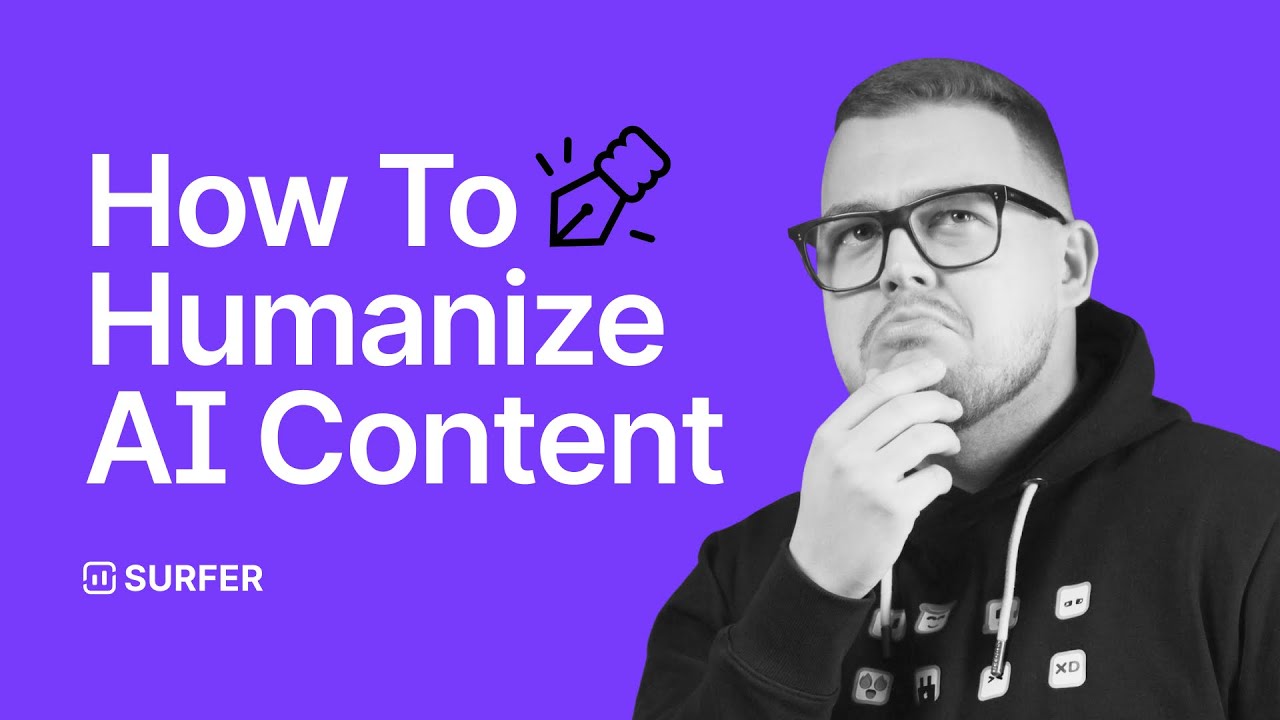AI for Business Verification: A New Era in Fraud Prevention and Compliance

Strong 8k brings an ultra-HD IPTV experience to your living room and your pocket.
In today’s global digital economy, verifying legal entities efficiently and accurately is more critical than ever. Traditional business verification methods, often manual and error-prone, struggle to keep up with the increasing complexity of global commerce and the growing sophistication of fraudulent schemes. The integration of Artificial Intelligence (AI) into verification processes offers a powerful solution, enhancing efficiency, security, and transparency. A key element in this transformation is the use of high-quality, standardized data, such as the Legal Entity Identifier LEI code, which provides a unique global identity for businesses. By incorporating AI-driven models with open and standardized legal entity data, organizations can create a more secure and trustworthy business environment.
Growing Challenge of Business Verification
As businesses expand globally and digital transactions become the norm, verifying the identity of legal entities has never been more challenging. The complexity arises from varying legal entity structures across jurisdictions, inconsistent data formats, and the sheer volume of entities requiring verification. These challenges are exacerbated by the increasing sophistication of fraudulent schemes, which can exploit weaknesses in traditional verification processes.
Role of AI in Enhancing Business Verification
Artificial Intelligence, particularly machine learning and natural language processing, has the potential to revolutionize business verification by automating and enhancing various aspects of the process:
- Data Analysis and Pattern Recognition: AI algorithms can swiftly analyze vast datasets to identify patterns and anomalies that may indicate fraudulent activities. This capability enables proactive detection and prevention of fraud before it causes significant harm.
- Automated Document Processing: AI-powered systems can extract and process information from various documents, such as contracts and financial statements, reducing the time and effort required for manual reviews and minimizing human errors.
- Continuous Monitoring: AI enables ongoing surveillance of business activities, allowing for real-time detection of suspicious behaviors and rapid response to potential threats.
Importance of High-Quality Data
The effectiveness of AI in business verification heavily depends on the quality of the data it processes. Challenges such as unstandardized, unusable, and unshareable data can hinder AI applications, leading to wasted computational resources and increased system errors. Therefore, utilizing open, standardized, and high-quality legal entity data is crucial. The Global Legal Entity Identifier Foundation (GLEIF) provides such data through the Legal Entity Identifier (LEI) system, offering a unique global identifier for legal entities. The LEI system ensures consistency and reliability, serving as a valuable resource for AI models in business verification.
Legal Entity Name Understanding (LENU) Model
An illustrative example of AI's application in business verification is the Legal Entity Name Understanding (LENU) model, developed in collaboration with GLEIF. LENU utilizes AI to accurately predict an entity's legal form using only its name and jurisdiction information. By training language models to recognize specific patterns in legal entity names, LENU enhances data reliability, accelerates the LEI issuance process, and reduces the need for manual verification. This advancement demonstrates AI's potential to improve the efficiency and accuracy of business verification processes.
Balancing Automation and Human Oversight
While AI offers significant benefits in automating business verification, it is essential to balance automation with human oversight to mitigate potential risks:
- System Errors and Bias: AI systems can be susceptible to errors and biases present in the training data, leading to incorrect or unfair outcomes. Continuous monitoring and updating of AI models are necessary to ensure accuracy and fairness.
- Cybersecurity Vulnerabilities: As AI systems become integral to business processes, they may become targets for cyberattacks. Implementing robust security measures is vital to protect these systems from malicious activities.
- Regulatory Compliance: Ensuring that AI-driven verification processes comply with relevant laws and regulations is crucial to avoid legal repercussions and maintain trust with stakeholders.
AI and Business Verification
The integration of AI into business verification is poised to transform the landscape of fraud prevention and compliance:
- Enhanced Fraud Detection: AI's ability to analyze complex datasets and identify subtle patterns will improve the detection of sophisticated fraud schemes, contributing to a more secure business environment.
- Streamlined Compliance Processes: Automating verification tasks with AI will reduce the burden of compliance, allowing organizations to allocate resources more effectively and focus on strategic initiatives.
- Global Standardization: The adoption of standardized data formats, such as the LEI, will facilitate interoperability between organizations and jurisdictions, simplifying verification processes and reducing the risk of errors.
Conclusion
Embracing AI in business verification represents a new frontier in the global fight against fraud. By leveraging high-quality, standardized data and advanced AI technologies, organizations can enhance the efficiency, accuracy, and security of their verification processes. However, it is imperative to maintain a balance between automation and human oversight to address potential risks and ethical considerations. As AI continues to evolve, its integration into business verification will play a pivotal role in fostering trust and transparency in the global economy.
Note: IndiBlogHub features both user-submitted and editorial content. We do not verify third-party contributions. Read our Disclaimer and Privacy Policyfor details.







